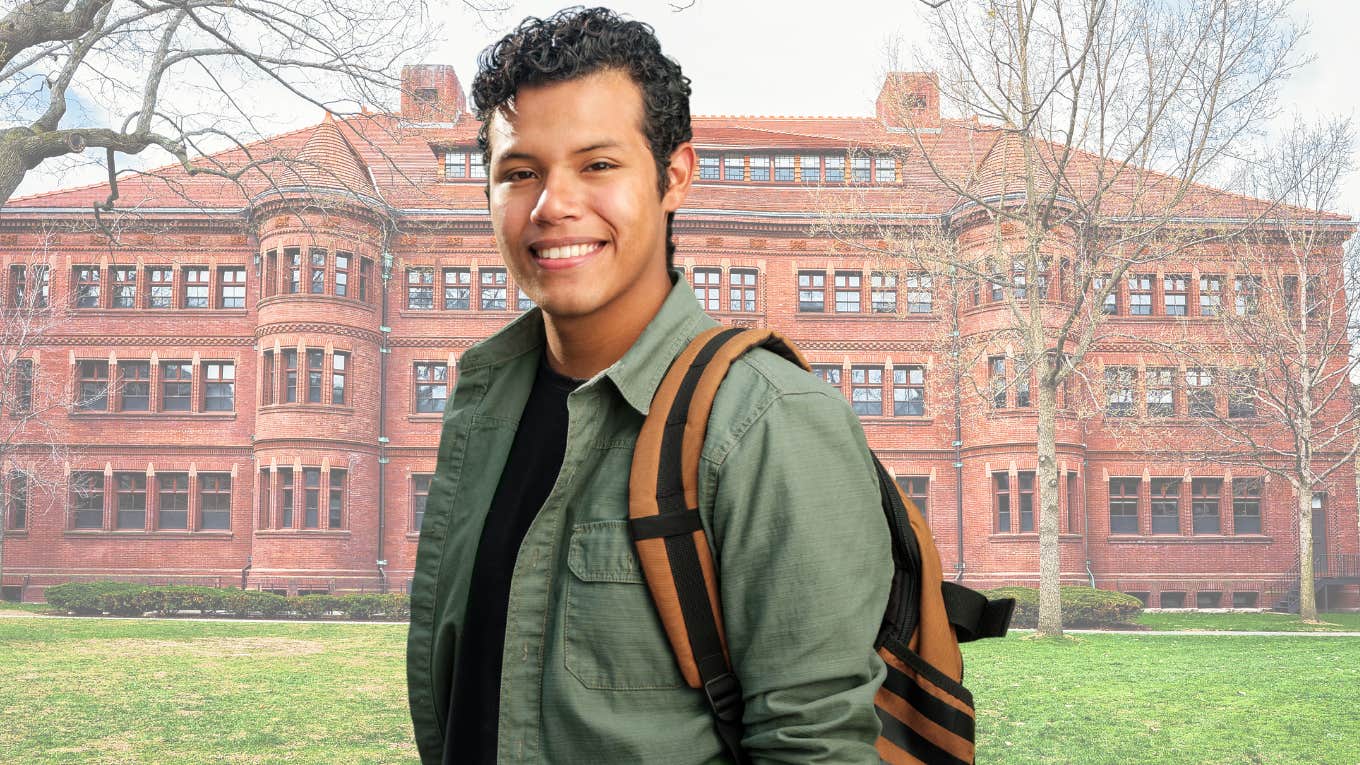Wealthy Parents Pay $120K A Year To A College Consultant So Their Kids Get Into The Best Universities
How much of an advantage do wealthy students really have?
 Aldomurillo, Romanbabakin / CanvaPro
Aldomurillo, Romanbabakin / CanvaPro You don’t have to be wealthy to be successful — that’s the honest truth. However, starting out in life with money definitely makes the path to success much easier.
For example, college acceptance rates and elite university admissions do not necessarily search for the wealthiest students and accept them based on their money. However, wealthy families can use their money to make their children stand out over other students based on opportunity alone.
The rich are privileged in ways that go much deeper than university donations and fancy school board connections. What’s one of the ways these wealthy students achieve their collegiate success? College consultants.
College consultants charge over $100k per family in exchange for helping their children get into top universities.
College consultants, otherwise known as independent education counselors (IECs), offer a variety of services to students applying to college — from support in the application process to precious insights into the most prestigious schools’ admissions processes.
While many don’t consider their services a “100% guarantee” to an elite institution, some contractors boast a nearly 90% success rate for top schools.
So, what’s the cost? Parents who choose this service for their kids tend to pay hundreds of thousands of dollars to these contractors each year — with some paying out hefty bonuses following an acceptance letter.
While one college consultant emphasized the ‘equity’ of their work, many argue this service is just another way wealthy students have an advantage in higher education.
On the topic of admissions help, many wealthy students don’t even have to consider financial aid dilemmas when applying for schools, while marginalized students are often pigeonholed into universities that provide financial help.
Some universities are even “need-aware” in contrast to “need-blind,” meaning they can see the need for financial aid with a student’s application before making a decision on their acceptance. However, this financial-based discrimination in college admission isn’t the root of inequity and inequality in the institution at large.
 Photo: Sshepard / CanvaPro
Photo: Sshepard / CanvaPro
So, in addition to the typical application stressors like grades, interviews, and essays, many students are also forced to overcome financial barriers to securing acceptance into these universities.
In addition to this access, wealthy students have a variety of other advantages that give them a better chance — from SAT prep to competitive sports.
Outside of academics, wealthy families are more likely to “produce” college athletes who attend top universities based on their athletic performances. Why are so many of these athletes from wealthy backgrounds? Their families have the money, time, and resources to train them.
Not only are wealthy parents more likely to have the time or money to pay for after-school sports, travel teams, equipment, lessons, and extracurriculars, but they can also help their kids navigate the college recruiting process and secure them a spot on top teams.
As many families know, financial strain can also directly affect the stability of a household and family. If there’s more money in a household to provide comfort, kids are more likely to maintain a healthier well-being.
This kind of comfort at home also aligns with higher productivity and grades in school — alongside the extra SAT preparation, tutoring, and educational help these families can afford. So, while money might not be the key to acceptance into a university, the advantages it provides from birth to high school graduation might just be the ticket.
Even marginalized students who get into top universities are much less likely to be successful than wealthier students.
Even low-income or marginalized students who overcome the barriers to entry to top universities are more likely to struggle through their educational journey than their wealthy counterparts.
Without the financial support of wealthier parents, they tend to face financial stress that harms their academic performance, makes it difficult to find housing, and introduces a number of other socio-economic barriers.
So, while it might not be an absolutely direct undermining of marginalized students for wealthy families to invest in college consultants, it's impossible to ignore the way it contributes to a larger, more unjust system.
Like many other institutions in the U.S., wealthy people have the advantage, but the marginalized reckon with the cyclical consequences.
Zayda Slabbekoorn is a news and entertainment writer at YourTango, focusing on pop culture and human interest stories.

